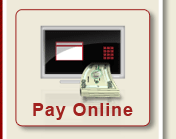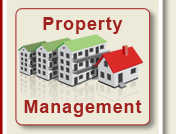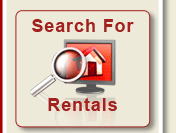Resilient Realty Management, LLC.
Real estate property management involves the operation, control, and oversight of real estate, whether it's residential, commercial, or industrial properties. The goal is to maximize the property's value and ensure it generates income for the property owner while maintaining and enhancing its physical condition.
Here are key aspects of real estate property management:
1. Tenant Acquisition and Retention:
- Advertising vacant units and marketing the property to attract potential tenants.
- Screening and selecting tenants based on criteria such as creditworthiness, rental history, and references.
- Developing and enforcing lease agreements.
- Handling lease renewals and addressing tenant concerns to improve retention.
2. Rent Collection:
- Setting appropriate rental rates based on market trends and property features.
- Collecting rent payments from tenants and enforcing late payment policies.
- Managing security deposits and handling disputes at the end of the lease.
3. Property Maintenance:
- Regularly inspecting the property and addressing maintenance issues promptly.
- Coordinating repairs and improvements.
- Hiring and supervising contractors, maintenance staff, and other service providers.
4. Financial Management:
- Budgeting for property expenses and forecasting future financial needs.
- Keeping detailed financial records and providing regular reports to property owners.
- Managing operating costs to optimize profitability.
5. Legal and Regulatory Compliance:
- Staying informed about local, state, and federal housing laws and regulations.
- Ensuring the property complies with health and safety codes.
- Handling evictions and legal proceedings when necessary.
6. Communication and Customer Service:
- Maintaining open communication with tenants, addressing concerns, and providing information.
- Serving as a point of contact for property owners and keeping them informed about the property's performance.
7. Risk Management:
- Identifying and mitigating potential risks, such as property damage or liability issues.
8. Technology Integration:
- Using property management software to streamline tasks such as rent collection, financial reporting, and communication.
9. Marketing and Market Analysis:
- Conducting market research to stay competitive and adjusting rental rates accordingly.
- Implementing marketing strategies to attract new tenants.
Effective property management requires a combination of organizational, communication, financial, and legal knowledge.





